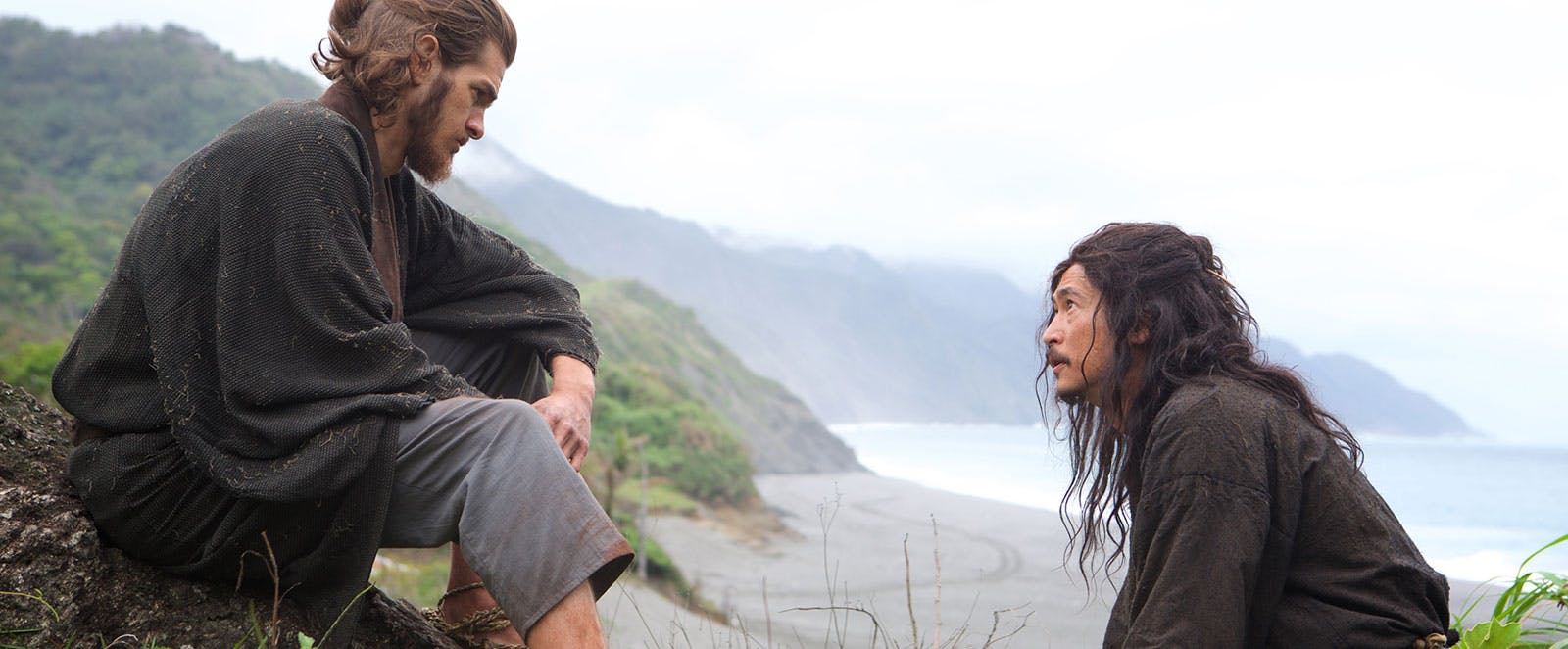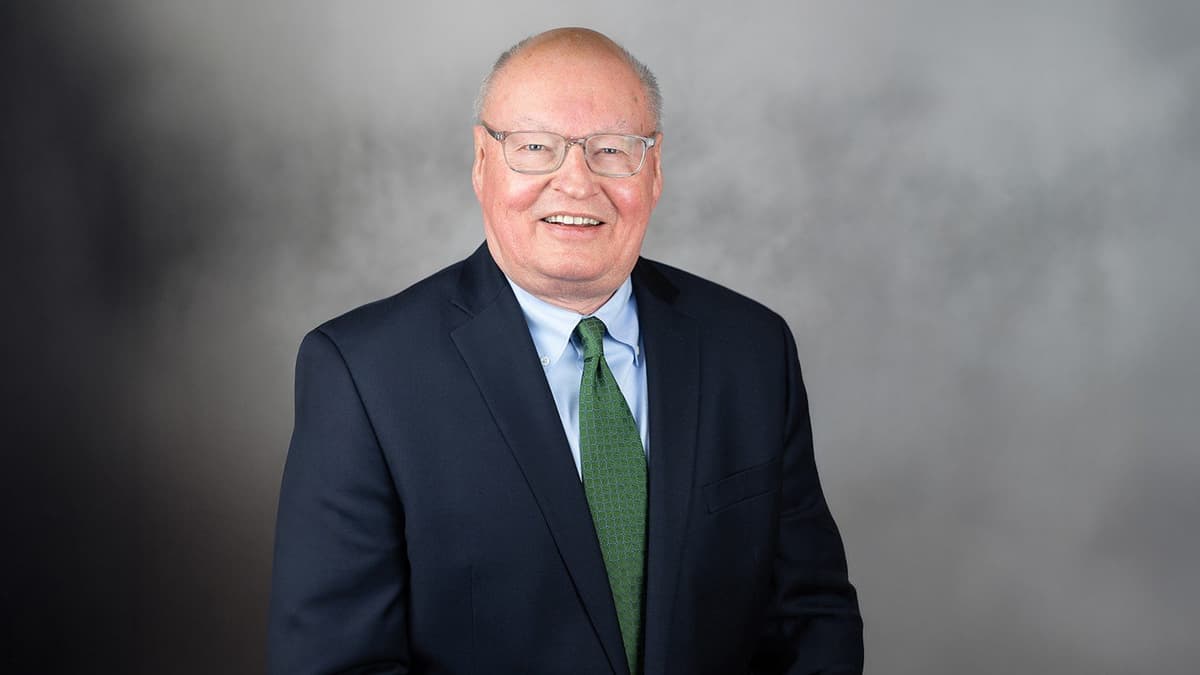
By Bo Lim, University Chaplain
Endo, Bonhoeffer, King. The teachings of these three Christian leaders swirled in my mind over the weekend. I stayed up till 2 a.m. Saturday night to finish reading the novel Silence and watched the movie adaptation of the book Sunday night. Shusaku Endo’s Silence tells the story of two Portuguese Jesuit missionaries to Japan in 1639, a time when Japanese officials had banned Christianity from the country. Fathers Rodrigues and Garrpe are both captured by the Japanese, tortured, and ordered to apostatize. I was grateful to watch the movie in the company of friends, and after the viewing, we stayed up late into the night discussing the movie, faith, culture, and politics. A number of us are Korean American, and in short order the conversation turned to people sharing stories we heard as children of the Japanese persecution of Korean Christians during its colonial rule of Korea.
Faith, culture, and politics. These three things are inevitably intertwined. My friends are Christian, but they are also Korean American, so it was natural for us to discuss all three topics. Our parents and grandparents did not experience persecution in some disembodied form. Persecution came in the form of a Japanese colonial power. The genius of Endo’s work is his highlight of how faith, culture, and politics are inseparably bound into the Japanese encounter of the Christian religion.
Japanese people came to faith through the witness of Spanish, Portugese, Dutch, and English missionaries. They experienced the Catholic and Protestant divisions within Christianity because that is what European Christians practiced. Faith is always embodied in a culture and a politic. Endo critiques European missionaries for failing to realize how deep their own culture and politics were embedded in the expression of their religion. This issue comes to light in Rodrigues’ dialogue with Inoue, the Governor of Chikugo, who was responsible for the state wide persecution of Christians. Rodrigues attempts to defend what he understands as the universal truth of the gospel, but fails to address the fact that even the European missionaries were at odds, even rivals among each other in their missionary efforts in Asia. Rodrigues places the blame on Japanese officials for the inability of Christianity to take root in Japan. While not denying this, Endo puts some of the blame on the missionaries’ failure to recognize their Eurocentric outlook and complicity in colonialism.

Faith, culture, and politics. Dietrich Bonhoeffer and Martin Luther King Jr. are often brought up as exemplars of two Christian leaders who faithfully attended to these intersections. Both were trained academic theologians, pastors of local churches, and activists on a national and international level.
I’m struck by Bonhoeffer’s keen observation that self-deception is “a self-chosen path in the name of Jesus that permits privileged Christians to acquiesce to unjust social arrangements from which they benefit.” Here the sin is greater than that of the Rodrigues. Rodrigues failed to engage culture and politics largely out of ignorance. What Bonhoeffer identifies is more sinister. It is the deliberate and willful act of ignoring the cultural and political implications of our faith in order to maintain our comforts. This is particularly evil when maintaining the status quo is done at the expense of others.
At the Martin Luther King Jr. Prayer Breakfast on Monday I was reminded by Lina Thompson that King was a reluctant activist. He was a pastor first. He was drawn into the struggle for civil rights out of pastoral care for his congregation and community. His people were the victims of racism. Engaging cultural and political issues was not an option for him if he wanted to be a faithful pastor. Many Christians in the majority culture believe engaging cultural or political issues is an elective, not an essential course in the curriculum of faith. For minority Christians this is not the case. Instead their survival depends upon their ability to do so well. Yet Endo and Bonhoeffer have demonstrated that every Christian needs to do this well, lest they be self-deceived and corrupt the gospel.
Monday was Martin Luther King Jr. day. This Friday is Trump’s inauguration. It seems if there were ever a time when Christians need to demonstrate a faithful engagement with culture and politics the time is now. But I’m reminded that doing so is very costly. It was for King, for Bonhoeffer, and for our Lord.

This article first appeared on January 18, 2017, in the weekly campus newsletter of SPU’s John Perkins Center for Reconciliation, Leadership Training, and Community Development.




